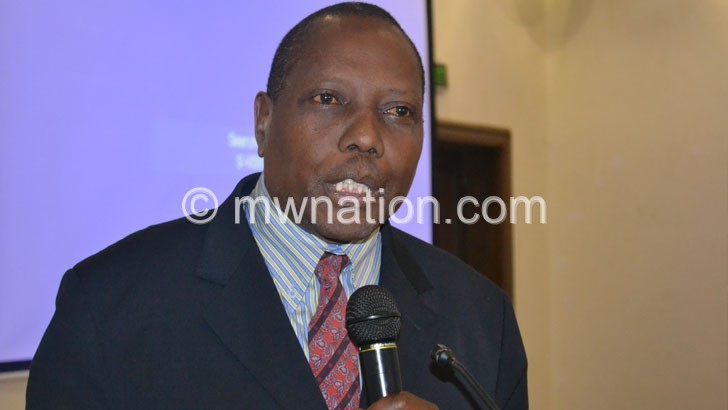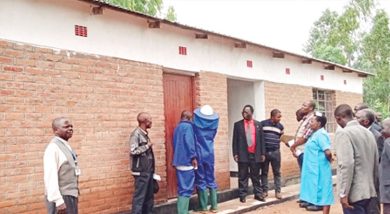Malawi urged to learn from Tanzania graft fight
Economics professor Ben Kaluwa has urged Malawi to learn from neighbouring Tanzania in applying extreme anti-corruption measures that punish those who plunder hard-earned public resources.
Kaluwa, who teaches economics at the University of Malawi’s Chancellor College, said this in reaction to government’s efforts towards fighting graft by strengthening and introducing Institutional Integrity Committees (IICs) in ministries, departments and agencies (MDAs).

He was apparently referring to the fact that soon after President John Magufuli’s swearing-in as Tanzania’s fifth President on November 5 2015, he demonstrated political will that shocked and smoked out corrupt leaders who had been siphoning that country’s public resources.
Kaluwa said the IICs, which the Anti-Corruption Bureau (ACB) introduced in MDAs, seem to have achieved little given that scams such as Cashgate—the plunder of public resources at Capital Hill exposed in September 2013—happened with the IICs in place.
He said: “What we need is a shock in the political system and management, the way Tanzania shocked its government system.”
In Lilongwe yesterday, 41 of the registered 74 IICs attended a day-long annual forum and shared reports and strategies on the way forward.
The IICs were established within the framework of the National Anti-Corruption Strategy. They were hailed at the forum as having helped to reduce corruption cases, mainly in district councils, which they oversee.
In his address, ACB director general Reyneck Matemba commended the IICs for reducing corrupt practices across the country.
In interview later, Matemba said although the bureau is investigating corruption cases in Mwanza, Mulanje, Karonga, Mangochi and Nsanje, IICs have played a major role in reducing corrupt incidences since 2010 when it initiated the establishment of committees aimed at preventing fraud at institutional level.
He said: “Districts are handling more money than the ministry [of Local Government and Rural Development] itself. And because of that, issues of corruption come in.
“But for the past one year, we have seen that district councils are putting [in place] mechanisms to fight corruption. I would look at that as a sign that we are doing something positive at district level.”
Chief Secretary to the Government Lloyd Muhara said government is still dealing with the effects of Cashgate; hence, the need to have integrity not only in the government system but also in the private sector which he noted is among the drivers of corruption in the country because of the competition that is there when trading their goods and services.




